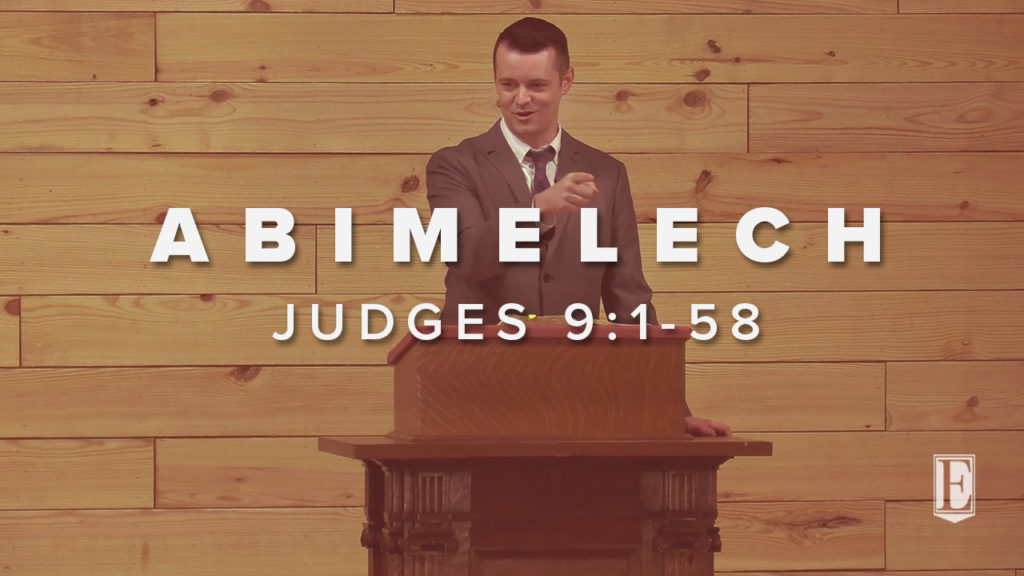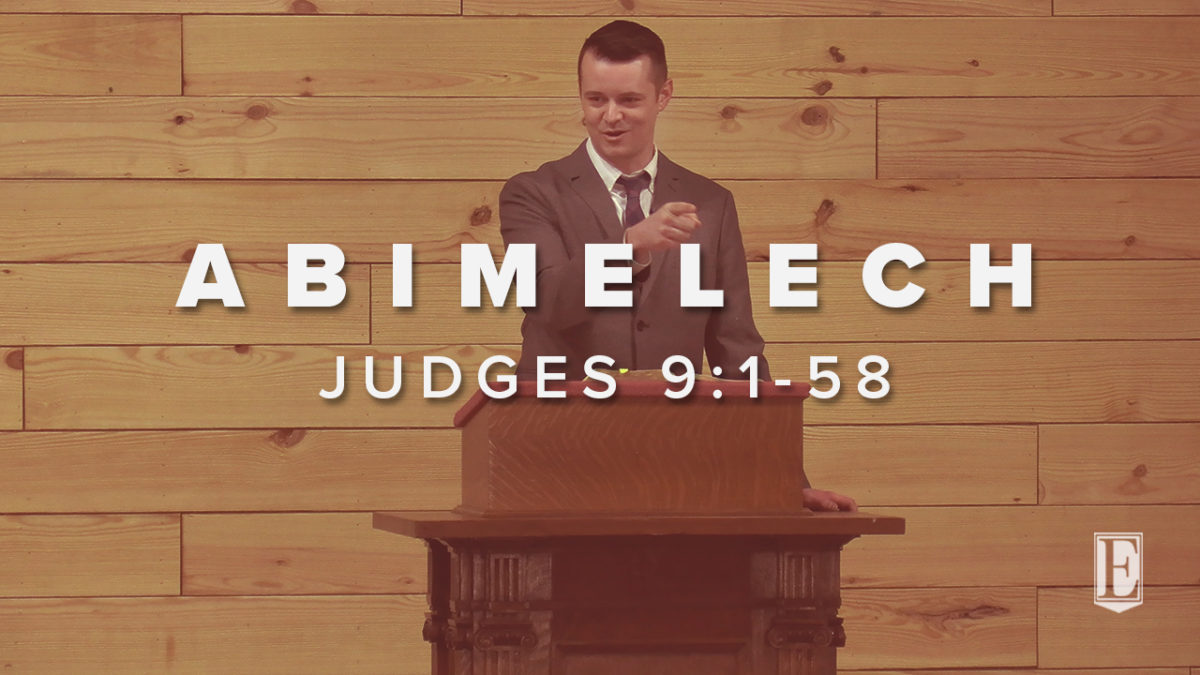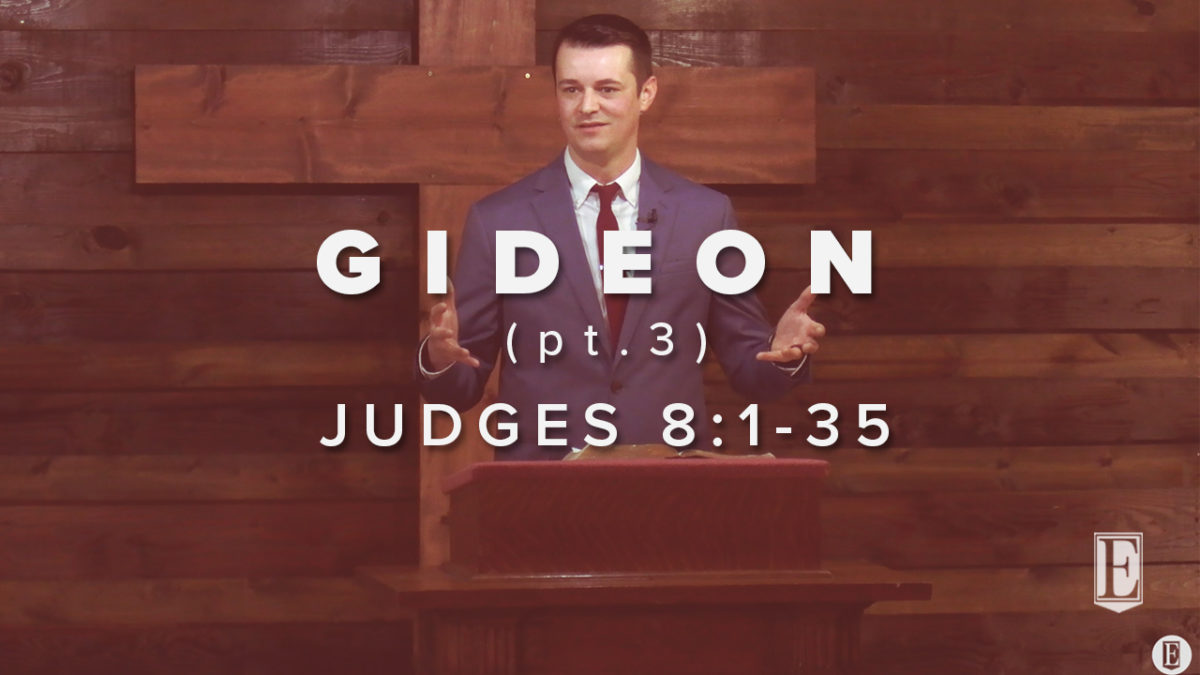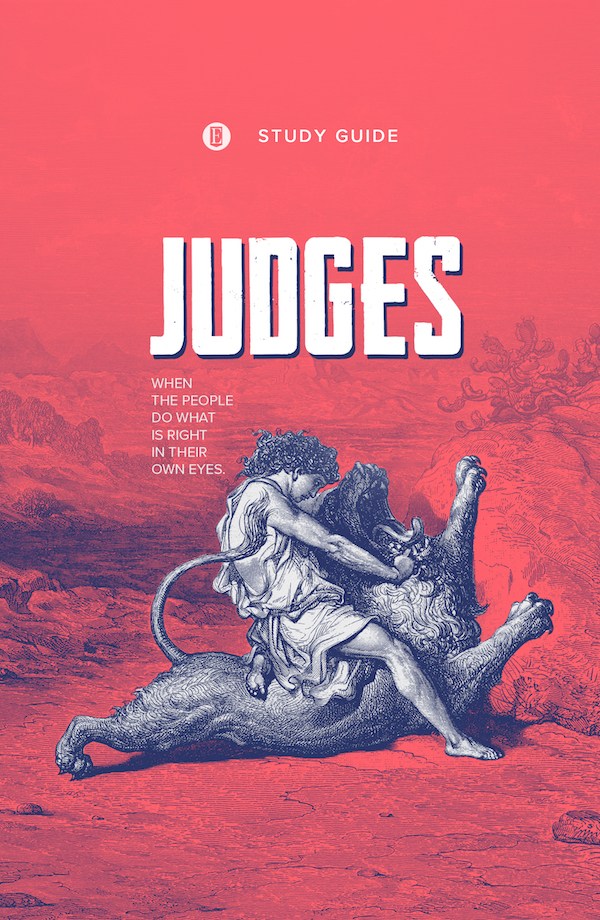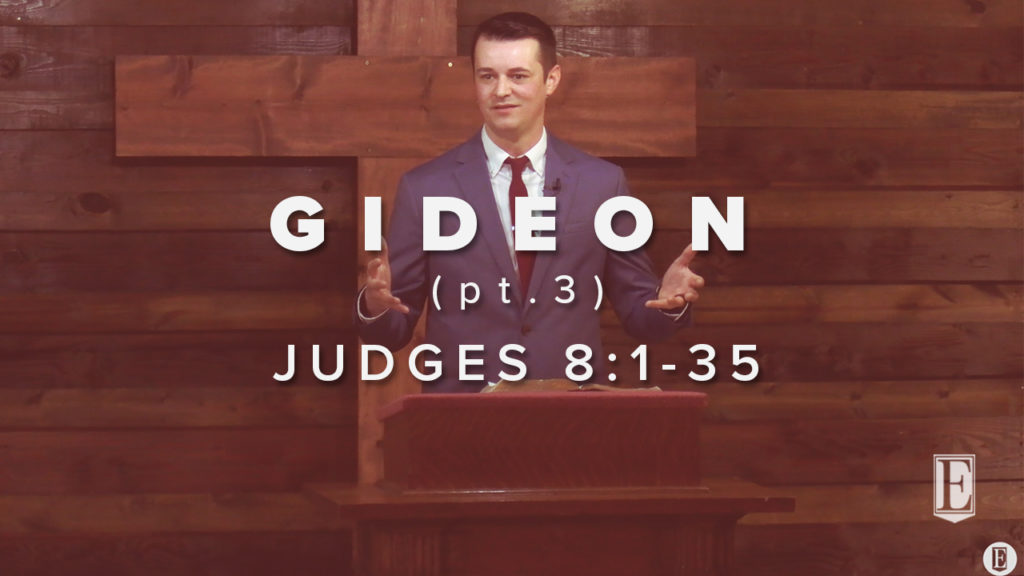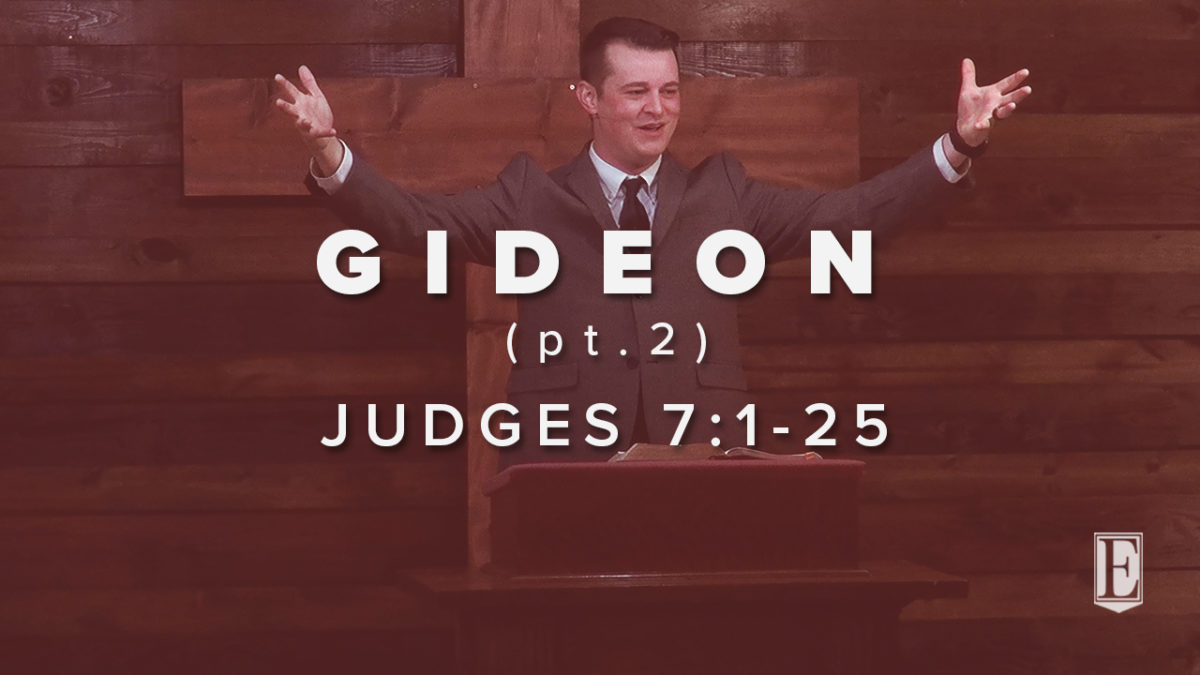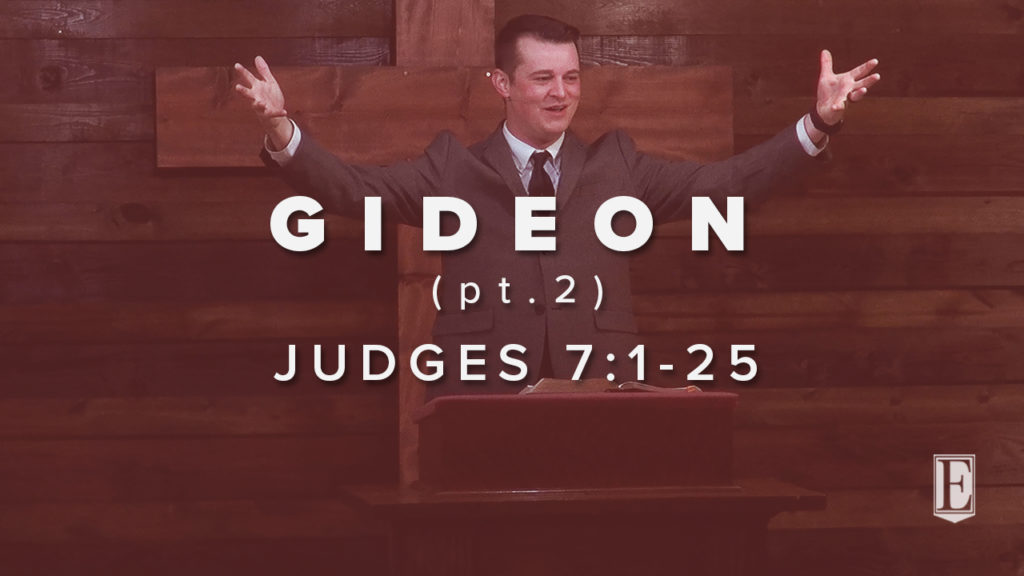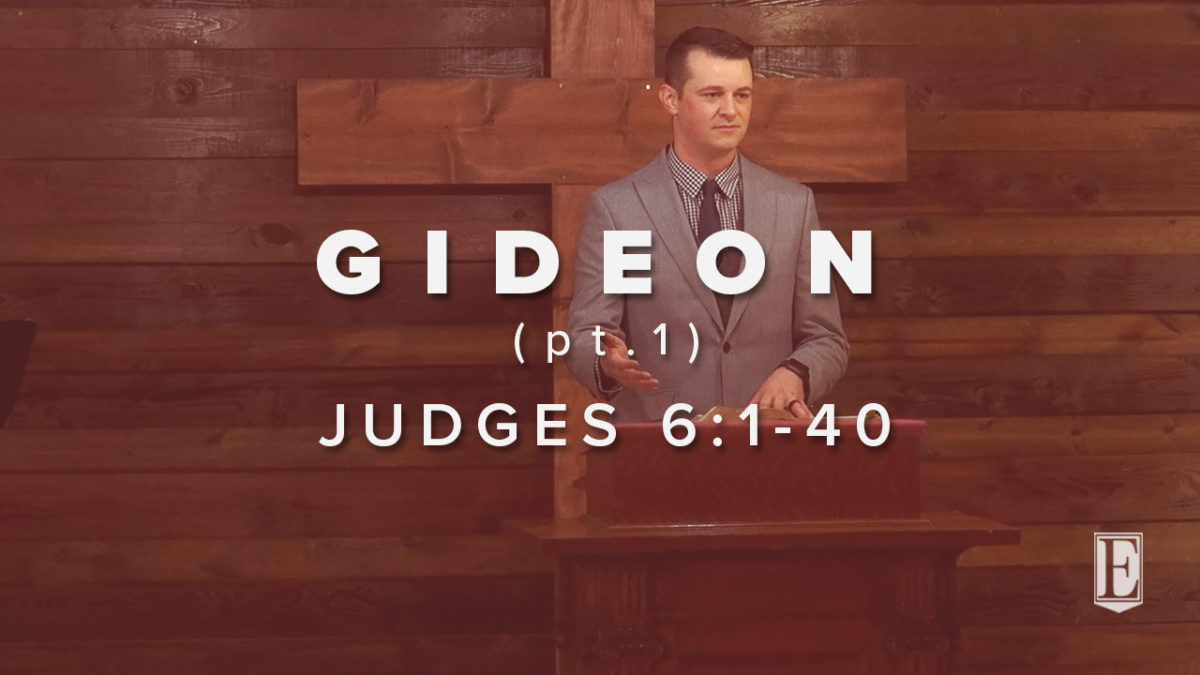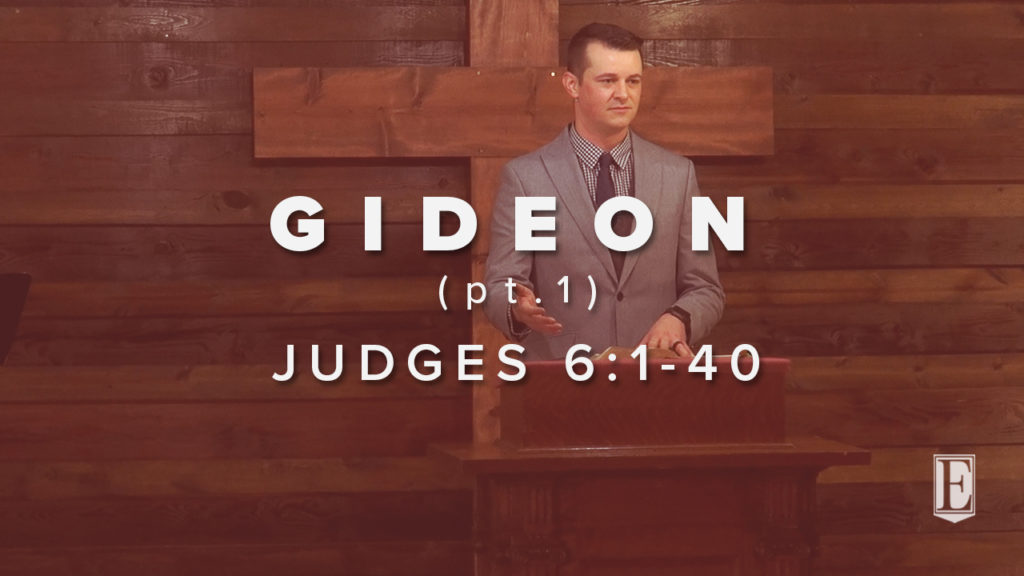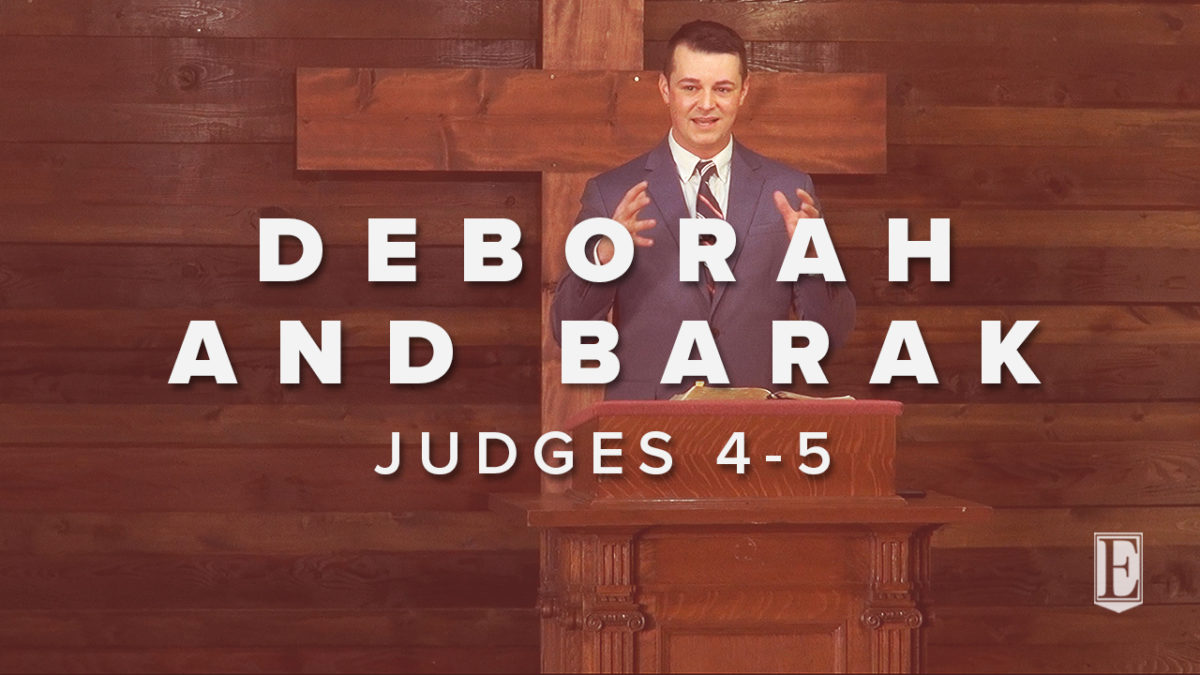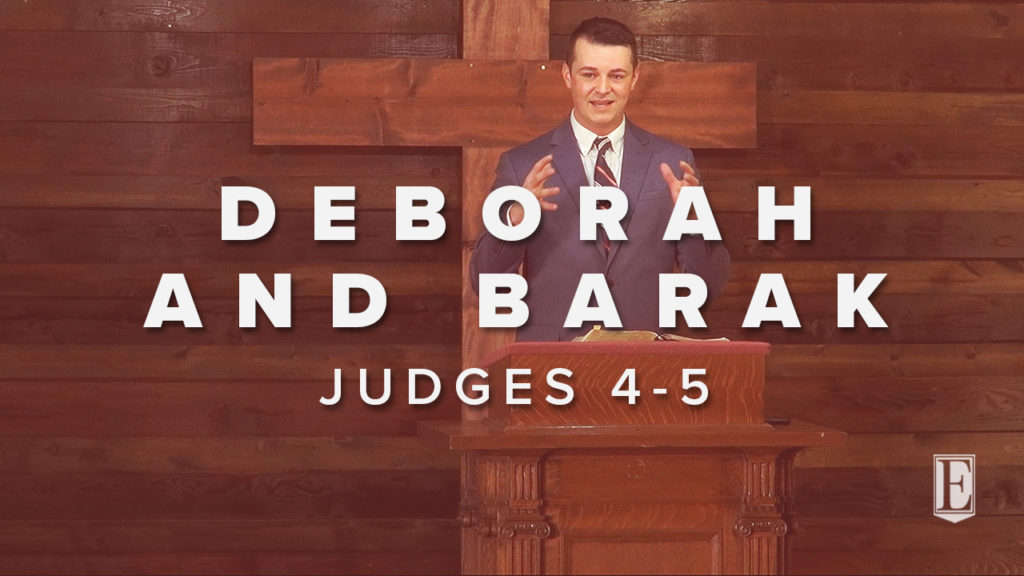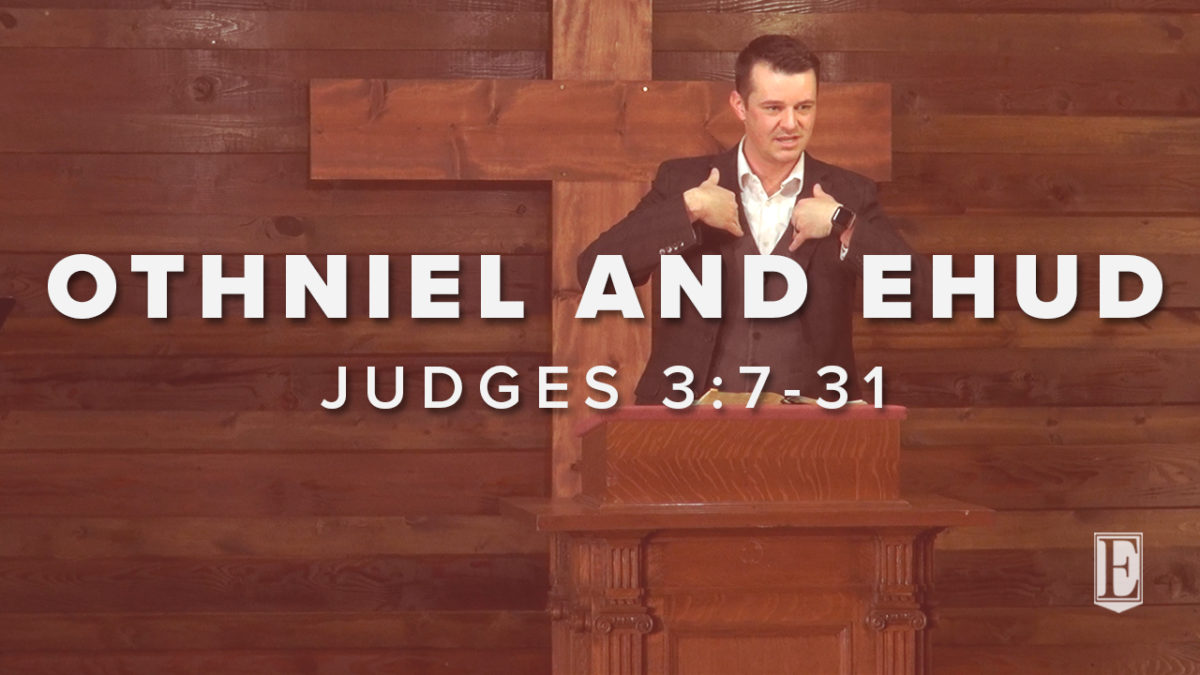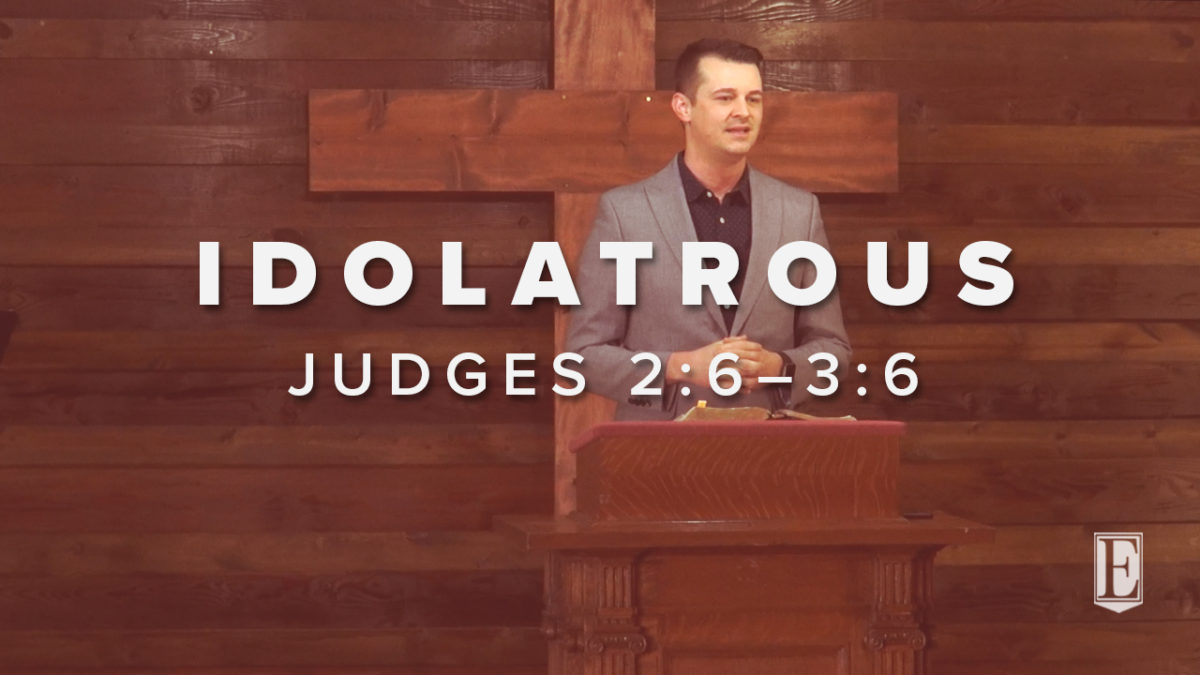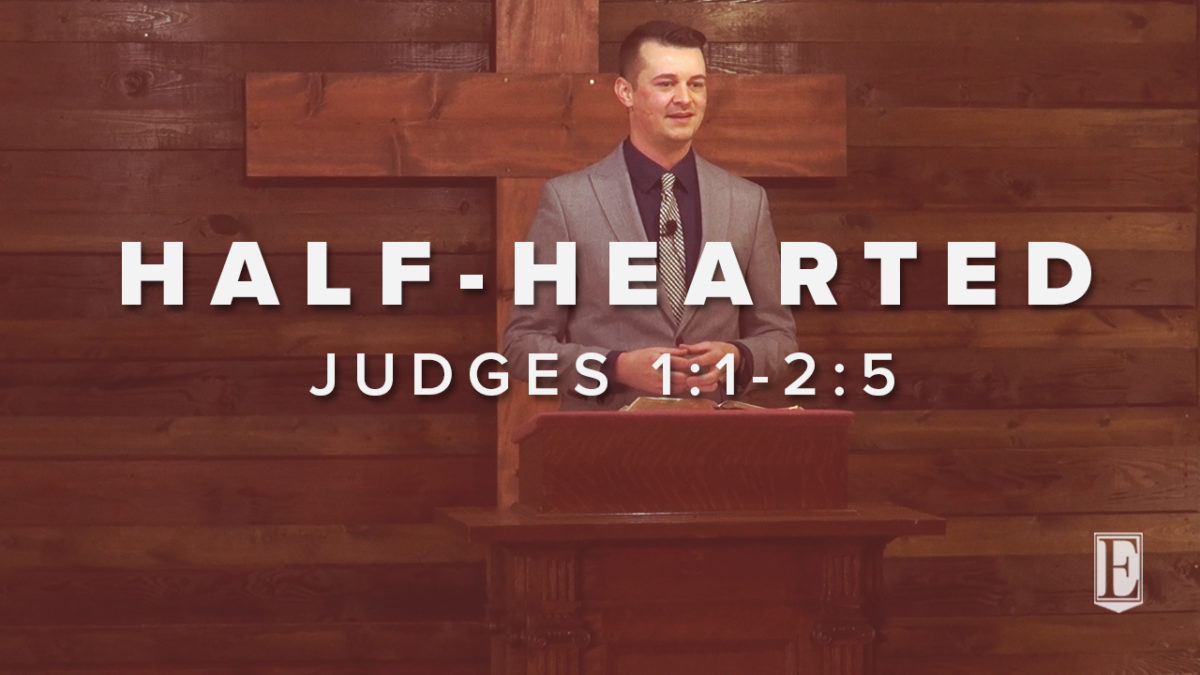What would it look like if the LORD handed you over to idolatry? What would it look like if LORD let you reap what you sow?
Here is the answer: if God hands us over to the idols that our sinful flesh desires and if He let’s us reap everything we sow, we will have no peace with God and no peace with man. We could say it another way: we will have war with God and war with man.
- Read chapter 9 verses 1-21. Though Gideon has plenty of apparent sins, how is contrasted with his son Abimelech? What can we learn from Jotham’s words to the leaders of Schechem?
- Read verses 22-57. What do we learn here about Abimelech’s pride? What do we learn here about the LORD’S justice? What else stands out to you in these verses and why?
